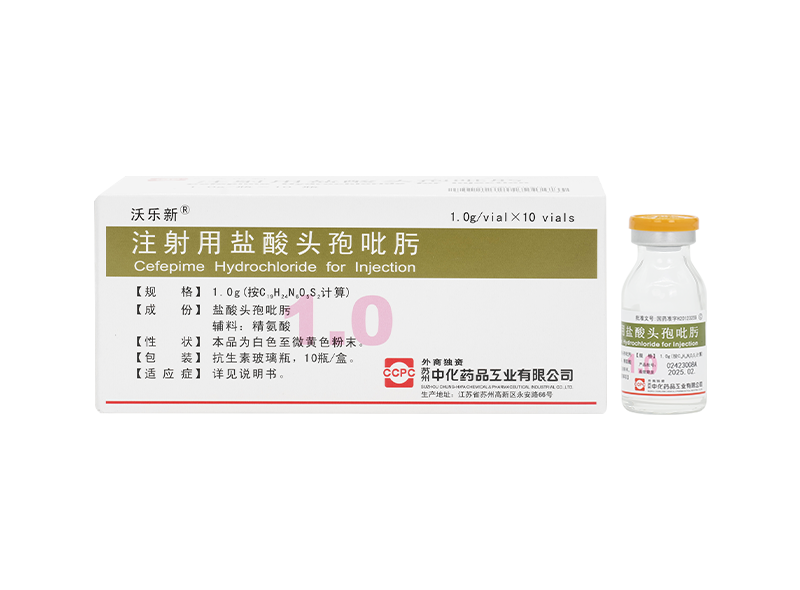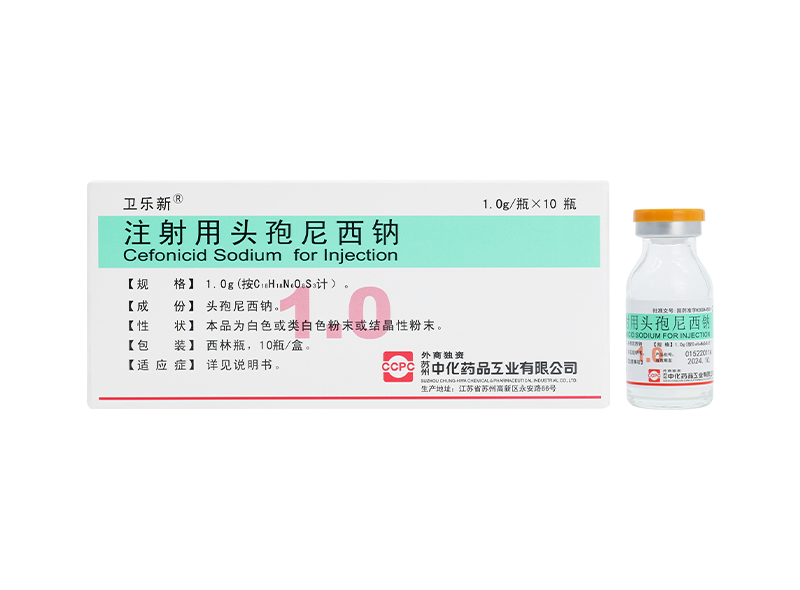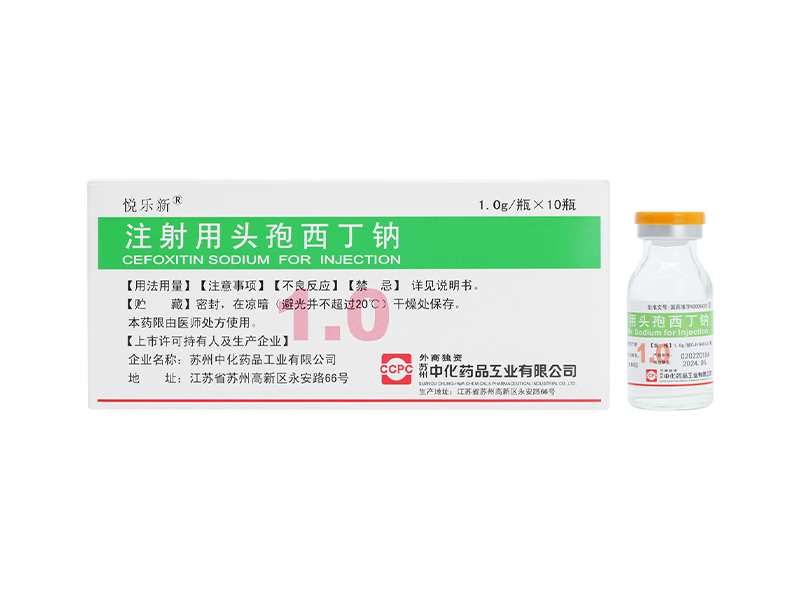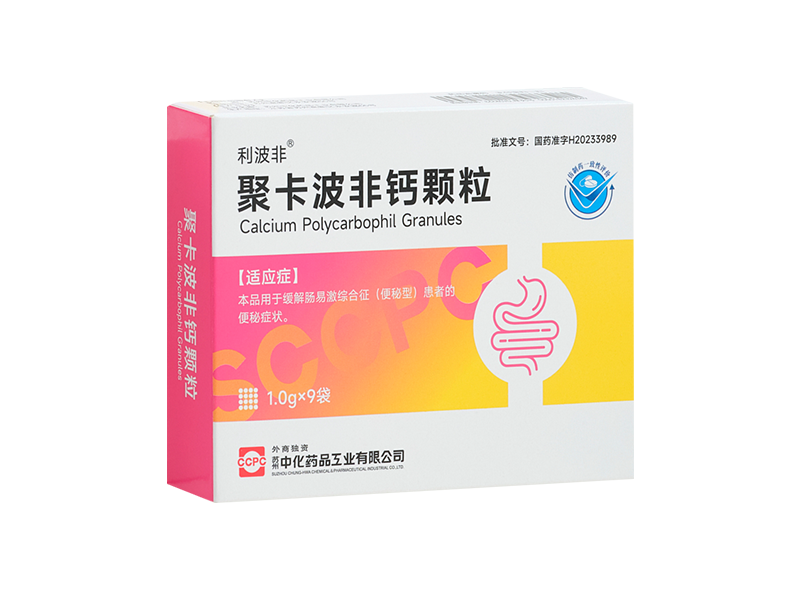Recently, a team from the Department of Gastroenterology at Zibo Municipal Hospital of Traditional Chinese Medicine published a special article titled "Why Are Modern Office Workers Suffering from Constipation? Common Causes and Prevention of Constipation" in the national medical journal Physician Online. The article systematically examined the causes of constipation among office workers and provided scientific solutions. This article, through an authoritative medical platform, promoted intestinal health knowledge to the public and garnered widespread attention.

With the rapid development of modern society, the pace of work is accelerating, and the pressure of life is increasing. Under such circumstances, the lifestyle of "office workers" has naturally undergone significant changes. While pursuing career success, "office workers" also face health problems. One of the most common symptoms is constipation.
Constipation, a common digestive problem, can bring its own troubles, such as bloating, abdominal pain, and difficulty defecating. It can also trigger other intestinal problems, such as hemorrhoids and enteritis, and even affect mental health, further negatively impacting the lives and work of office workers. Therefore, understanding the causes of constipation and taking effective preventive measures are crucial for this population to maintain good health. This article will examine the common causes of constipation among modern office workers and explore preventative measures to help them cope with this health challenge.
(1) Why are office workers more prone to constipation?
Irregular eating habits
Modern office workers often have high-calorie and irregular eating habits. Fast-paced work and lifestyles have led people to neglect nutritional balance and instead opt for convenient, fast-paced foods like takeout, fast food, and snacks. While these high-fat, high-sugar, and high-fat foods provide quick energy, they lack sufficient dietary fiber. Long-term consumption can disrupt normal intestinal motility, leading to constipation.
Dietary fiber is crucial for maintaining intestinal health and promoting bowel movements. A diet lacking fiber often leads to difficulty in defecation and exacerbates constipation. Furthermore, many busy office workers often neglect their three meals a day, often skipping breakfast or dinner. This leads to irregular bowel movements, which can also cause difficulty in defecation and constipation.
Long-term sitting and lack of exercise
Prolonged sitting is another typical characteristic of the modern office worker. Sitting at a desk for extended periods without adequate exercise can lead to poor blood circulation and negatively impact intestinal motility. Normal intestinal movement requires the cooperation of the abdominal muscles and the intestinal wall. Maintaining the same posture for extended periods of time relaxes the abdominal muscles, slowing intestinal motility and making constipation more likely. While office workers may occasionally take short breaks after work, they often don't engage in effective physical activity. This can lead to poor metabolism and ineffective training of abdominal muscle tone, thus affecting smooth bowel movements.
Mental stress and anxiety
The pressures of the modern workplace leave many workers stressed and anxious. The pressures of work, interpersonal relationships, and the need to achieve performance goals can all contribute to a chronic state of high mental tension. This stress and anxiety can directly impact the body's autonomic nervous system, leading to intestinal dysfunction.
Studies have shown that long-term stress can inhibit normal intestinal motility and even alter the balance of intestinal flora through changes in neurotransmitters, hormones, and other substances, making defecation difficult. Furthermore, many office workers, when experiencing anxiety, often neglect their bowel movements, delaying their bowel movements and exacerbating constipation.
Inadequate water intake
Water is crucial for intestinal health. Many office workers, due to their busy schedules, often neglect water intake, leading to mild dehydration. Insufficient water can lead to dry and hardened stools, making defecation difficult. Furthermore, insufficient water can cause intestinal dysfunction and worsen constipation. Some office workers prefer to refresh themselves by drinking caffeinated beverages such as coffee or strong tea. However, these beverages have a diuretic effect, which can increase water loss and further exacerbate constipation.
Bad bowel habits
Many office workers, due to their busy schedules, neglect their physiological need to defecate, choosing to endure and postpone bowel movements. Over time, the urge to defecate gradually weakens, and the intestines become lazy, ultimately forming a vicious cycle. Delayed bowel movements cause the large intestine to absorb too much water in the stool, making it hard and further leading to difficulty in defecation.
(2) How to improve constipation?
Taking active improvement measures based on the common causes of constipation among office workers can help them relieve and prevent constipation.
Improve your eating habits
Increasing dietary fiber intake is the first step to improving constipation. Office workers should consume as many fiber-rich foods as possible, such as fruits, vegetables, whole grains, and nuts. These foods increase intestinal motility and promote the growth of beneficial intestinal bacteria, improving intestinal health. Furthermore, reducing high-fat, high-sugar processed foods and junk food, and avoiding excessive intake of greasy foods, can effectively prevent constipation.
Increase your physical activity
Maintaining proper exercise can effectively promote intestinal motility and alleviate constipation. Office workers can use their lunch breaks to take a short walk or do some simple stretching exercises, which can help relax abdominal muscles and promote bowel function recovery. Even if high-intensity exercise is difficult to achieve, a short walk or simple stretching can be a good way to combat constipation.
Maintain regular bowel habits
Office workers should try to develop a habit of defecating at a fixed time each day. Even if they don't feel the urge, this can help promote normal bowel movement by establishing a conditioned defecation reflex. Furthermore, when the urge strikes, defecation should be avoided, avoiding delays due to busy work schedules.
Stay hydrated
Make sure you have enough water every day, especially in dry seasons or hot environments. You should also drink fiber-rich beverages, such as fruit and vegetable juices, to further improve intestinal motility.
(3) Drug treatment
For more severe constipation, it is recommended to use appropriate medications in addition to lifestyle improvements. The World Health Organization's Global Guidelines for Constipation recommend a tiered approach to constipation treatment, starting with lifestyle improvements and the use of fiber supplements or other bulk-forming laxatives. The American College of Gastroenterology's Medical Position Review on Constipation also recommends bulk-forming laxatives, such as calcium polycarbophil.
Bulk-forming laxatives, also known as bulking laxatives or fiber supplements, are a type of medication that promotes intestinal motility and aids bowel movements by increasing the bulk and water content of stool.

Take the common bulk-forming laxative, Lipofil® calcium polycarbophil, for example. Its main ingredient is calcium polycarbophil, a high-molecular-weight polymer that decalcifies in the presence of gastric acid to form polycarbophil. This polymer then absorbs water and swells in the intestines, forming a hydrophilic gel that helps form stool. This makes the stool in the intestines fluffy and soft, alleviating and improving constipation. The drug is not absorbed into the bloodstream and only exerts its physical effects in the intestines, making it safer.
In short, constipation, a common health issue for modern office workers, has become a daily problem for many people. By understanding the causes and preventative measures for constipation, especially improving dietary habits, increasing exercise, and maintaining regular bowel movements, constipation can be effectively prevented and alleviated. At the same time, medication can be used when necessary to help office workers better manage constipation symptoms. Therefore, for the issue of constipation, we emphasize a "comprehensive approach," combining both pharmacological and non-drug treatments for a gradual and progressive approach.
References: [1] Li Wei. Why are modern office workers prone to constipation? Common causes and prevention of constipation [J]. Physician Online, 2025, 4. DOI: 0dpov1zowj/9059369.

 Fulexin® Cefuroxime Axetil Tablets
Fulexin® Cefuroxime Axetil Tablets Keluo® Cefaclor Capsules
Keluo® Cefaclor Capsules Kefu® Cefaclor Granules
Kefu® Cefaclor Granules Mieda® Cefradine Capsules
Mieda® Cefradine Capsules Lvxin® Cefalexin Capsules
Lvxin® Cefalexin Capsules Lifu® Roxithromycin Capsules
Lifu® Roxithromycin Capsules Lifu® Roxithromycin Granules
Lifu® Roxithromycin Granules Tinijin® Tinidazole Capsules
Tinijin® Tinidazole Capsules Fulexin® Cefazolin Sodium for Injection
Fulexin® Cefazolin Sodium for Injection Wolexin® Cefepime Hydrochloride for Injection
Wolexin® Cefepime Hydrochloride for Injection Xiulexin® Ceftizoxime Sodium for Injection
Xiulexin® Ceftizoxime Sodium for Injection Xinlexin® Ceftriaxone Sodium for Injection
Xinlexin® Ceftriaxone Sodium for Injection Weilexin® Cefonicid Sodium for Injection
Weilexin® Cefonicid Sodium for Injection Yuelexin® Cefoxitin Sodium for Injection
Yuelexin® Cefoxitin Sodium for Injection Lilexin® Cefodizime Sodium for Injection
Lilexin® Cefodizime Sodium for Injection Ailexin® Cefpirome Sulfate for Injection
Ailexin® Cefpirome Sulfate for Injection


































